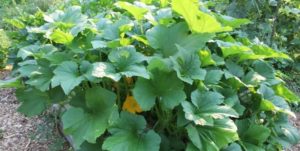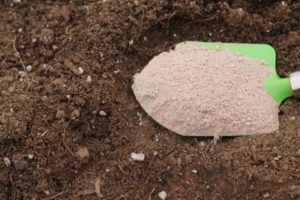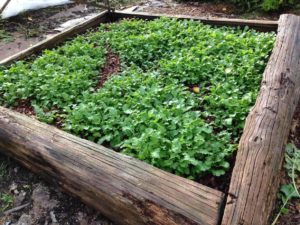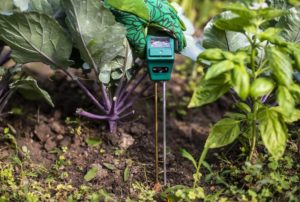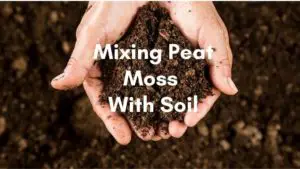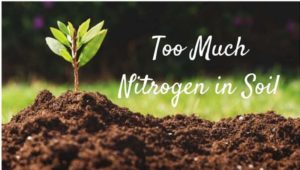Plants need nitrogen-rich soil in order to survive, so it is useful to know how to add nitrogen to the soil.
Nitrogen develops naturally in soil from a build-up of other organic matter. As that organic matter decomposes and is mineralized, nitrogen is emitted into the soil.
Plants are fed by the soil in which they grow. The various minerals and elements that are naturally found in soil are the food that provides essential nutrients to plants. In order for plants to grow and thrive, it is necessary for them to have a healthy balance of nitrogen in the soil.
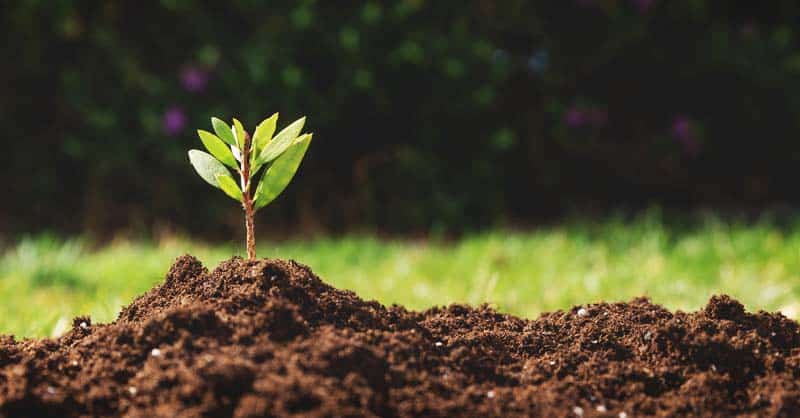
Adding Nitrogen to Soil
Once you have established that you need to increase the nitrogen in your soil, there are numerous ways in which this can be done.
Fertilize Your Soil With Nitrogen Rich Manure
Manure is rich in many compounds, one of these being nitrogen. By fertilizing your soil with manure, you will elevate the nitrogen levels in the soil significantly.
When fertilizing the soil with manure, you can either mix the manure with compost and add it to the soil periodically after planting, or you can prepare the soil before planting. To do this, dig the manure in and blend it well with the soil, mixing it through thoroughly.
Plant Nitrogen-fixing Plants
Nitrogen-fixing plants are plants that are particularly good at absorbing nitrogen gas from the atmosphere and transferring it to the soil through their roots. Examples of these are legumes, like peas and beans.
If some of your plants are not doing well, and you need to increase the nitrogen in the soil, this can be achieved by planting nitrogen-fixing plants nearby. The nitrogen that they emit into the soil will spread, and improve the quality of the adjoining soil.
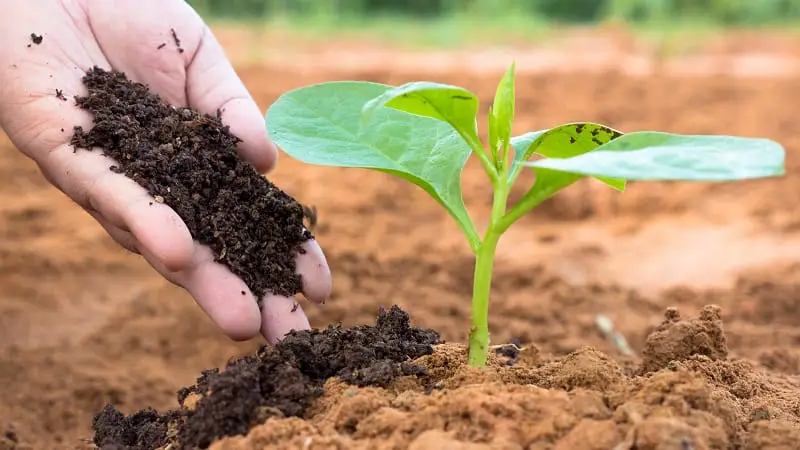
Add Coffee Grounds to the Soil for More Nitrogen
If you are a cover lover, you may worry about the possible harmful effects of drinking too much coffee. However, if you save your leftover coffee grounds, your plants will love you!
Coffee is rich in nitrogen, and adding coffee grounds to your soil will help to elevate the nitrogen level in the soil. However, I do not recommend putting pure coffee grounds directly onto the soil. They may cause chemical burns to the soil, and indirectly, to the plant roots.
The best way to do this is to add the coffee grounds to some compost, and then mix this into the soil. In this way, the nitrogen will be introduced into the soil gradually and will spread through the soil.
Adding Fish Emulsion to the Soil for More Nitrogen
Fish emulsion is the byproduct of everything excreted by fish. The water from your fish tank would be rich in nitrogen, as well as other compounds, from the fish emulsion in the water. It is possible to buy fish emulsion from nurseries. Adding It to the soil will help to increase the nitrogen level.
If you are worried that your soil may be deficient in nitrogen, I do not advise you to try all of these tips at once. You may land up with too much nitrogen, which can be just as harmful to your plants.
I recommend that you select one of the above methods of how to increase nitrogen in the soil, and see how well it works. If your plants show no improvement after a few weeks, then try another method.
How to Tell if You Need to Add Nitrogen to Soil
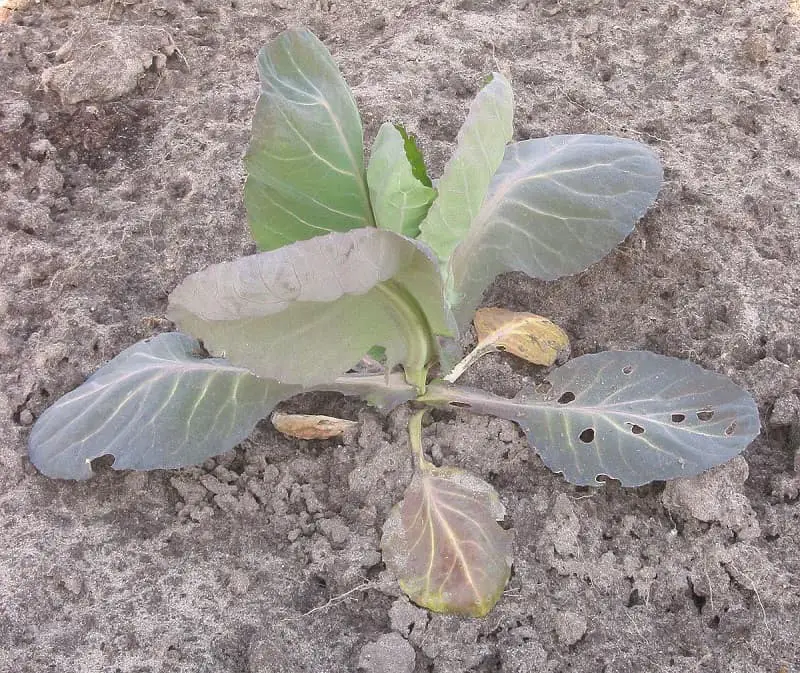
It is helpful to know if the nitrogen level in your soil is at the correct level because if it is too low, there are ways to correct it. The best way to check is to take a sample of your soil and perform a proper soil test analysis. It is possible to buy testing kits from your local nursery or garden center, and this will give you a completely accurate result.
If you don’t want to spend money on a soil testing kit, there are other ways to determine whether you need to increase the nitrogen in the soil. Examine your plants carefully, and look for the following:
-
- Poor growth of plants
A deficiency of nitrogen in the soil can cause stunted growth in plants. Plants grow when cells divide and enlarge. This cannot happen if there is insufficient nitrogen. If your plants look like they are not growing, or are only growing very slowly, you may need to increase the nitrogen in the soil.
-
- Yellowing leaves
Leaves get their green color from chlorophyll. Nitrogen is essential for the production of chlorophyll. If your plants’ leaves appear to be turning yellow for no reason, the soil could be lacking in nitrogen.
-
- Poor yield of crops
If your fruit and vegetable plants are not yielding a substantial crop, it is possible that the soil is suffering from a nitrogen deficiency.

